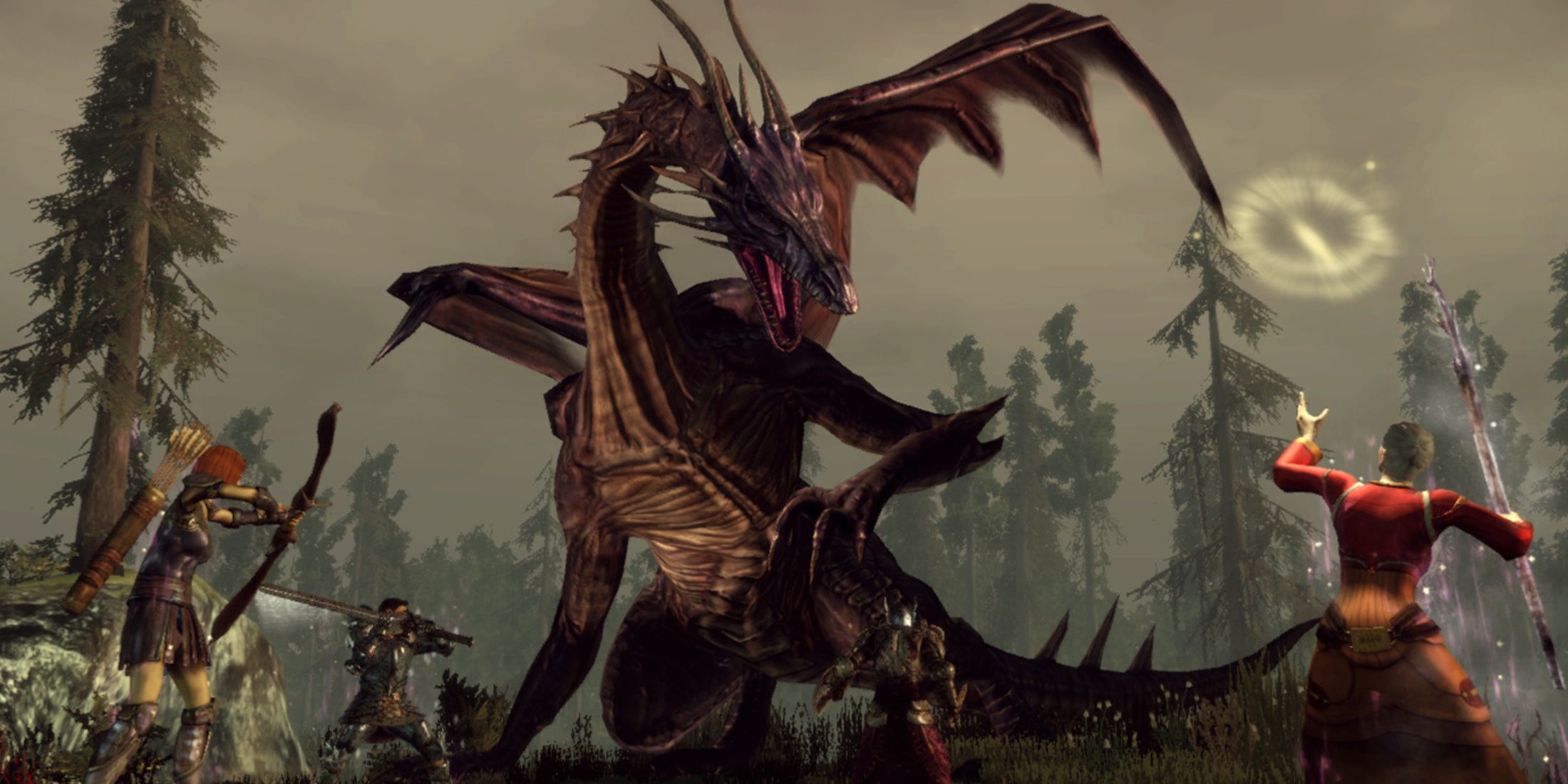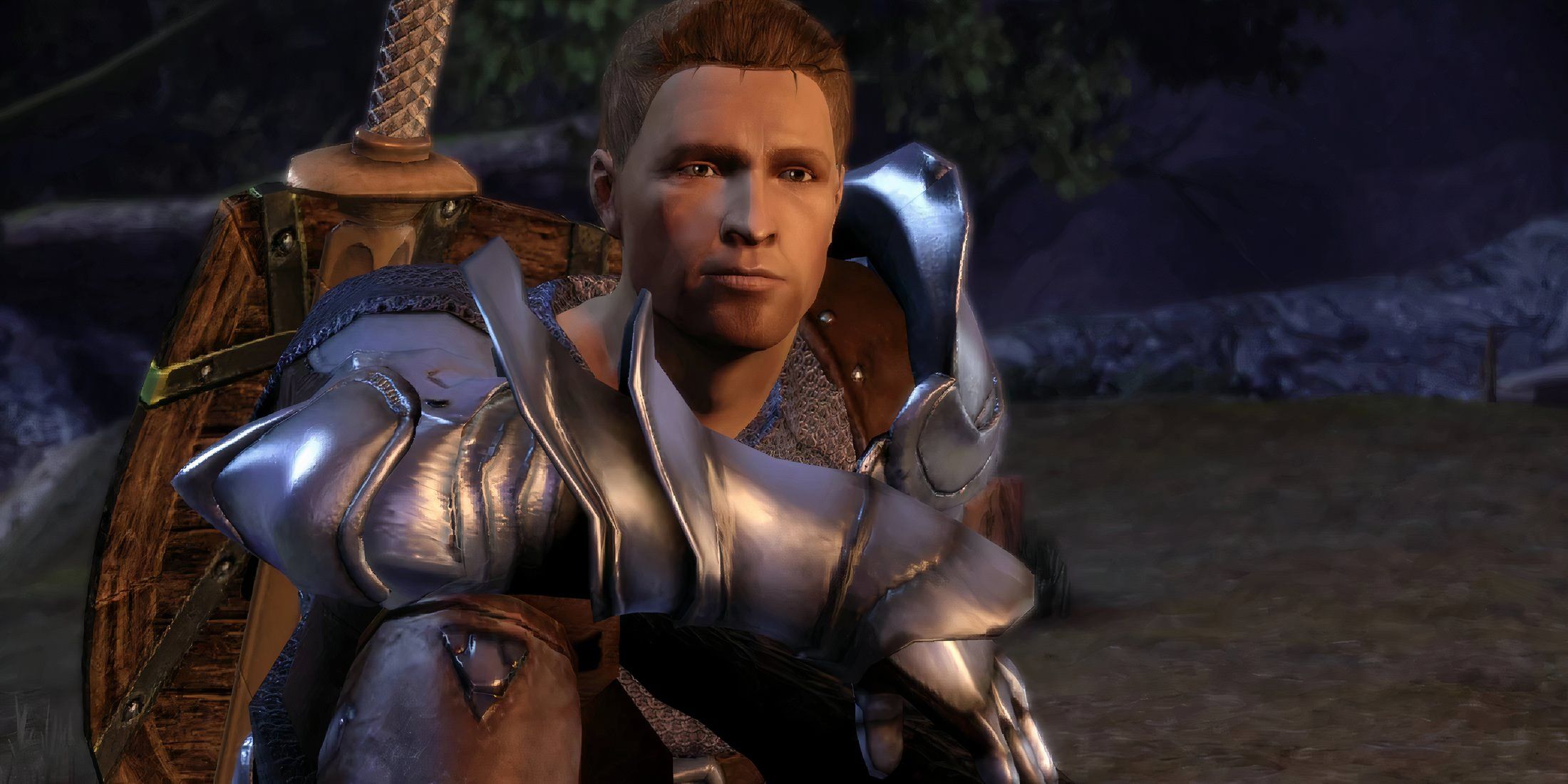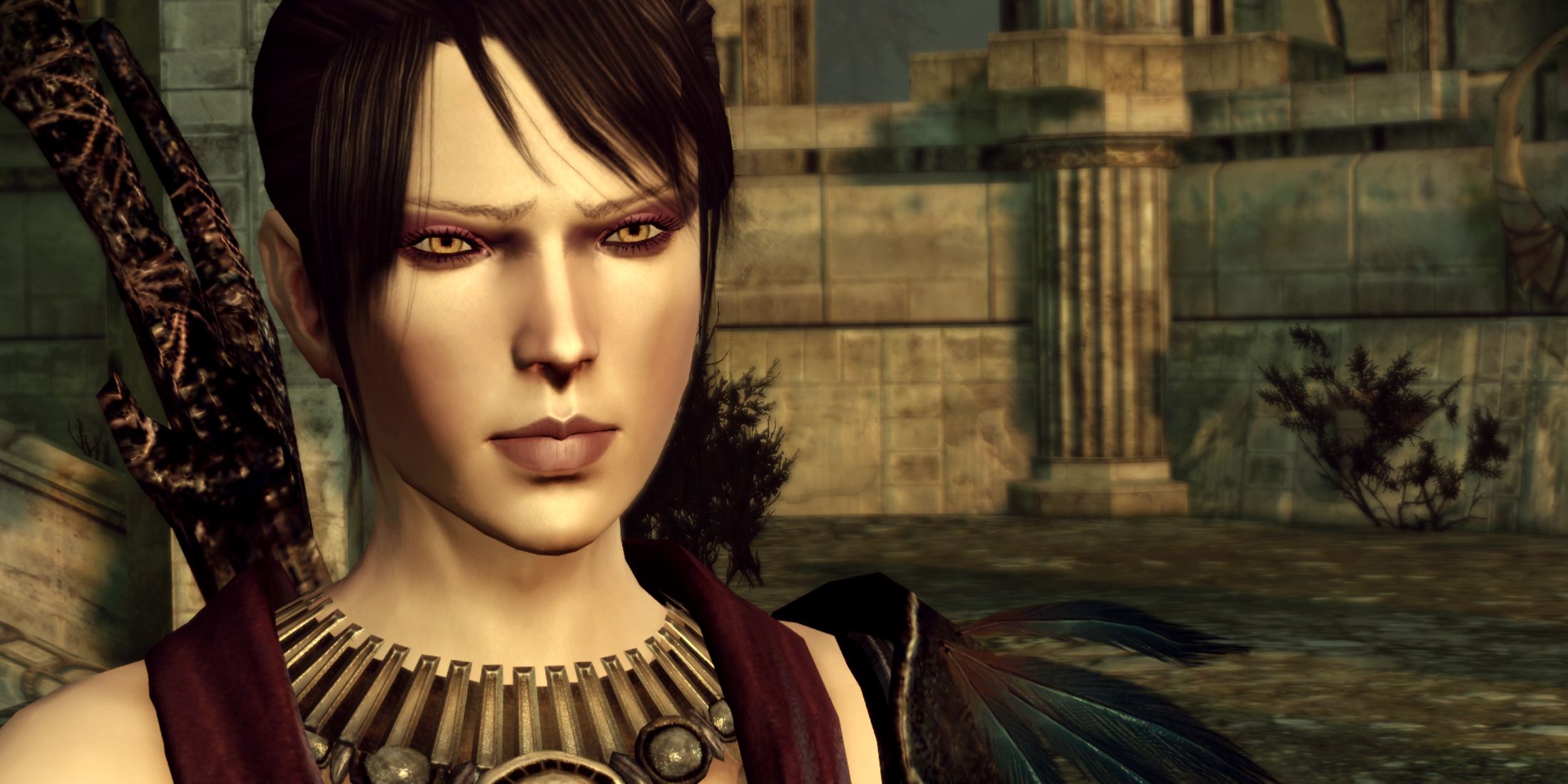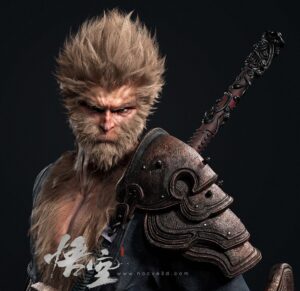Lost in the Fade: Why the Dragon Age: Origins Remaster Was Pitched but Never Made
Popular Now
 Rust
Rust
 NBA 2K24
NBA 2K24
 Poppy Playtime
Poppy Playtime
 Free Fire
Free Fire
 Roblox
Roblox
 Counter-Strike 2
Counter-Strike 2
 Among Us
Among Us
 Auto X Drift Racing 3
Auto X Drift Racing 3
 BeamNG.drive
BeamNG.drive
 FIFA 23
FIFA 23
 For years, fans of the Dragon Age franchise have clamored for a modern remaster of the series’ first and most beloved title, Dragon Age: Origins. The idea seemed like a perfect fit, especially after the critical and commercial success of the Mass Effect Legendary Edition. Now, the hopes of a long-awaited return to Ferelden have been officially dashed. In a recent interview with YouTuber MrMattyPlays, former BioWare executive producer Mark Darrah has revealed that a remaster was indeed pitched, but it was ultimately shot down by publisher Electronic Arts (EA). Darrah’s candid comments shed light on the inner workings of BioWare, the challenges of working with a legacy title, and EA’s reluctance to greenlight remasters, even when they seem like a surefire hit. This is a crucial piece of news for the entire gaming industry, as it highlights the complex financial and technical hurdles that can prevent a popular game from getting a modern re-release.
For years, fans of the Dragon Age franchise have clamored for a modern remaster of the series’ first and most beloved title, Dragon Age: Origins. The idea seemed like a perfect fit, especially after the critical and commercial success of the Mass Effect Legendary Edition. Now, the hopes of a long-awaited return to Ferelden have been officially dashed. In a recent interview with YouTuber MrMattyPlays, former BioWare executive producer Mark Darrah has revealed that a remaster was indeed pitched, but it was ultimately shot down by publisher Electronic Arts (EA). Darrah’s candid comments shed light on the inner workings of BioWare, the challenges of working with a legacy title, and EA’s reluctance to greenlight remasters, even when they seem like a surefire hit. This is a crucial piece of news for the entire gaming industry, as it highlights the complex financial and technical hurdles that can prevent a popular game from getting a modern re-release.
The Pitch: A “Champion’s Trilogy” to Revive the Franchise
The idea of a Dragon Age remaster was not just a passing thought; it was a concept that was “pitched” internally at BioWare. According to Darrah, the idea was to rebrand the first three games—Origins, Dragon Age 2, and Inquisition—as a “Champion’s Trilogy.” The plan was to give the games a similar treatment to the Mass Effect Legendary Edition, with improved graphics, quality-of-life changes, and a more unified experience. The goal was to reintroduce the series to a new generation of players and to build momentum for the franchise’s future. The pitch, however, was met with resistance from EA for a number of reasons that Darrah has now made public.
 The Roadblocks: A Perfect Storm of Technical and Financial Challenges
The Roadblocks: A Perfect Storm of Technical and Financial Challenges
Darrah outlined two primary reasons why the remaster never came to fruition, both of which are common challenges in the video game market:
- EA’s Reluctance to Remasters: The most surprising reason is that, according to Darrah, EA is “historically … kind of against remasters.” He noted that this is a strange position for a publicly-traded company to take, as remasters are often seen as a low-risk, high-reward investment. While EA did greenlight the Mass Effect Legendary Edition, Darrah’s comments suggest that this was more of an exception than the rule.
- The Technical Hurdles: The second major roadblock was the technical complexity of remastering Dragon Age: Origins. Unlike the Mass Effect trilogy, which was built on the more widely-used Unreal Engine, Origins was built on a proprietary engine called Eclipse. This engine is now considered “archaic,” and Darrah noted that there are “maybe 20 people left at BioWare” who have the necessary expertise to work with it. He also added that a full remaster of Origins would be “unknowably harder” than a remaster of Mass Effect, making it a much larger and more expensive project.
Darrah also mentioned that BioWare considered outsourcing the project to an external studio but was told by EA to fund it with the money they already had. With the studio’s resources already tied up in other projects, a remaster was simply not feasible. This paints a grim picture for the future of the series, especially after the mixed reception of last year’s Dragon Age: The Veilguard.
 The Legacy: What This Means for the Future of Dragon Age
The Legacy: What This Means for the Future of Dragon Age
The revelation that a remaster of Dragon Age: Origins was seriously considered but ultimately abandoned is a bittersweet moment for fans. On one hand, it’s heartening to know that BioWare had not forgotten the game that started it all. On the other hand, it confirms that a remaster is unlikely to happen anytime soon, if ever. The game’s original engine and the publisher’s financial priorities have created a perfect storm of challenges that have made a remaster a near-impossible task. This news, combined with the poor reception of The Veilguard, leaves the future of the Dragon Age franchise in a state of uncertainty. While a remaster would have been a great way to breathe new life into the series, it seems that for now, fans will have to settle for replaying the original masterpiece and hoping for a brighter future for Thedas.









